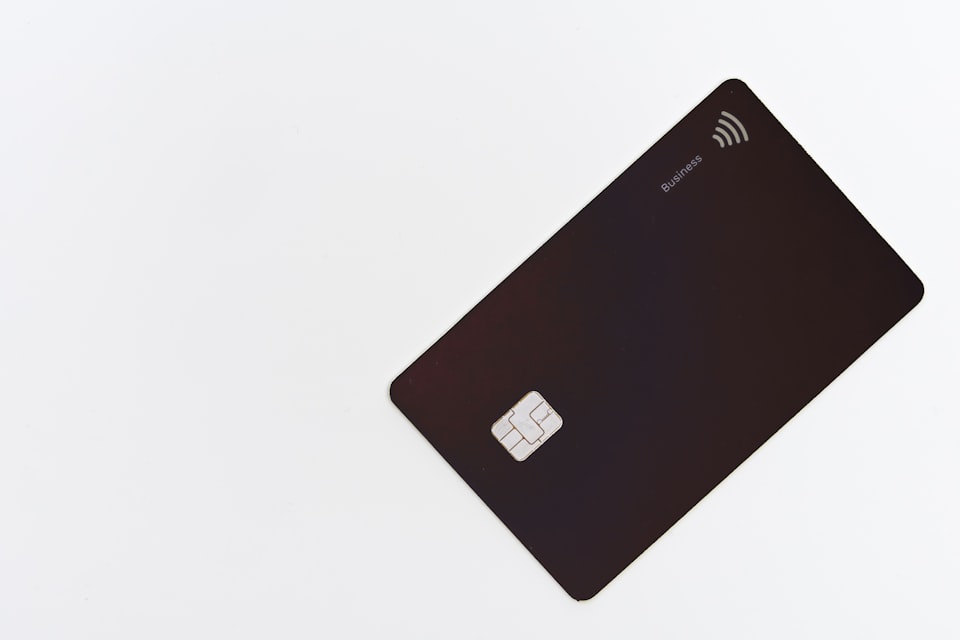How do I establish a credit score?

A question today from a young reader about credit scores.
I'm 21. I’ve always been pretty financially savvy, even as a kid [Editor's note: you ARE STILL A KID, sweet pea]. I’ve always saved my money and bought things cash…. and that is where my problem comes in. As I’ve always bought everything in cash I have no credit record and because I have no credit record, no one will give me credit. I have now got myself a credit card to use and pay off to try and start building a credit record but am finding this whole situation so frustrating. How is it that someone with no debt can’t get credit, but people with debt can easily get more credit?
What would you recommend I do to try and build up my credit record?
Question-asker, you have just discovered one of the weirdest things about the money industry: no-one will give you credit if you're too good at managing your money. You are right to be frustrated! The whole system is lunacy and it doesn't have to be this way. But it is, and the only way to build up a credit record is to understand how the rules work, and try to maximise the score you're getting without taking on too much bad debt.
What I mean by "bad debt" is any debt that you're taking on for stuff that won't make you money in the future. Credit cards, payday loans, store cards and overdrafts are all bad debt. In an ideal world, you'd avoid them as much as possible. The problem with this kind of debt is it incurs a high interest rate and makes everything you buy more expensive. Carrying bad debt, like when you just pay down the minimum payment owed on your credit card every month, gets you stuck in this place where the best investment you can make it always paying off your debt, so you can't really start investing for your future. When things go really wrong, bad debt can send you into a debt spiral, which is what happened to me in my early 20s.
The problem is that there is also "good debt" in the world, really useful debt, when you want to borrow money to buy an asset or improve your ability to earn an income. Student loans, mortgages/home loans, loans to start a business, and even a loan to buy a cheap car (if you need it to get a job) can all be forms of good debt, and these types of debt tend to have much lower interest rates. And you can't access the good debt without having a good credit score, which you usually have to do by taking on some bad debt first.
So here's our goal: maximise your credit score while also protecting yourself against the worst elements of bad debt. How do we do that?
First, it helps to understand the rules of the game you're playing. Here are the elements that make your credit score better:
- You've had debt for a long time. Credit agencies like seeing several years worth of debt behaviour, so it helps to open your first line of debt when you're still fairly young. They also like it when a specific line of debt is old, so it's a good idea to keep the same credit card account open your whole life.
- You have always paid your debts consistently. You never been late on any payments or skipped any payments. So, we want to make sure your debt repayments are automatic so that you don't have to worry about remembering to make payments on time.
- You have a low credit utilisation, which means: you've got a lot of credit available, but you're only using a small amount of it. Like if your credit card limit is R10,000 but you're only using R100 of it. You want to try to keep your utilisation below 30%.
- You've had no court judgements against you for not paying your debts.
- You haven't recently been trying to open a lot of new lines of credits all at once - this could be a warning flag that you're having financial problems right now.
- All of your personal information matches. For instance, if you've moved around a lot, make sure that your credit report shows your current address, and that this address is the same on all your active credit accounts.
Those are the big things that we know are important. There are also small behavioural things that might make a difference, but we're not 100% sure because credit agencies don't publish their scoring rules. For instance, I've heard that credit agencies see it as a bad sign when you draw cash out of an ATM from a credit card, but I don't know if that's true.
You can check your own credit report for free once a year, and you should! If you spot any inaccuracies, you can contact the credit agency and ask them to correct their records. Credit reports are also a good way to make sure that you haven't been the victim of debt fraud (someone else pretending to be you and taking out debt in your name - it happens all the time, often, sadly, within families).
Now, I want you to stare deep into your own soul and ask yourself a question: are you the type of person who can have a lot of credit available and not be tempted to use it?
If you are, then congratulations. Here's your plan:
- Apply for a store card at a shop you like (they're usually the most willing to give you your first card).
- Use that store card until you are able to apply for a credit card.
- Use both of those cards responsibly, paying off the amounts in FULL every single month (not the minimum payment, the full amount owed - that way you don't incur interest). Make sure this happens automatically so you never miss a payment.
- Every time you are offered an increased credit card limit by your bank, accept it, but don't use it. That improves your credit utilisation.
- Keep those accounts forever.
Boom, after a couple of years, you'll have a healthy credit score.
Sadly, I have come to terms with the fact that I have about as much impulse control as a squirrel on cocaine, so I cannot actually walk around with a credit card in my pocket. It's a disaster waiting to happen. If you are like me, then here's your plan:
- Apply for a store card at a shop you HATE, so you will not be tempted to shop there often.
- Buy one item on your store card, pay it off that month, and see if that's enough for your bank to give you a credit card. Repeat until it is, and you have a shiny new credit card.
- Close the store card.
- Load the credit card into an app that you use sometimes but not often, like Uber or a food delivery app. Or if those are too tempting, then find a subscription you can pay using your credit card, like Netflix. You need just amount activity on your card to keep it active.
- Now, put that card AWAY. Hide it well. You could keep it in the freezer, or give it to your grandma (if you trust your grandma), or hide it in a book. Just make sure it's safe and not in your wallet.
- Set up your credit card so the FULL amount owing is paid off every month, automatically.
- Cool, now never think about your credit card again.
- Every time you are offered an increased credit card limit by your bank, accept it, but don't change anything about your behaviour. That improves your credit utilisation.
- Keep that credit card account open forever.
I know this sounds ridiculous, but it's literally what I had to do to rebuild my credit score after clawing my way out of my own debt spiral. Self-knowledge is the key to happiness, friends!
Your credit report SHOULD take into account whether you've been able to pay other large bills consistently, like your rent, but it doesn't. It does, though count stuff like DStv, some utilities, cellphone contracts, and a few other types of bills. If you don't think you can trust yourself with even method two, then just look for a line of credit that won't be remotely tempting for you to overspend on.
I hope that's helpful, question-asker. Good luck!
xx
S






Member discussion